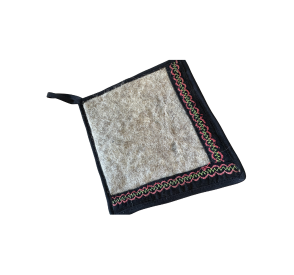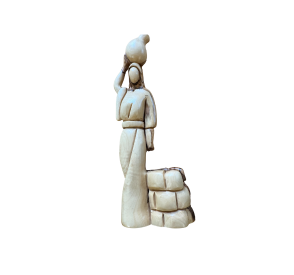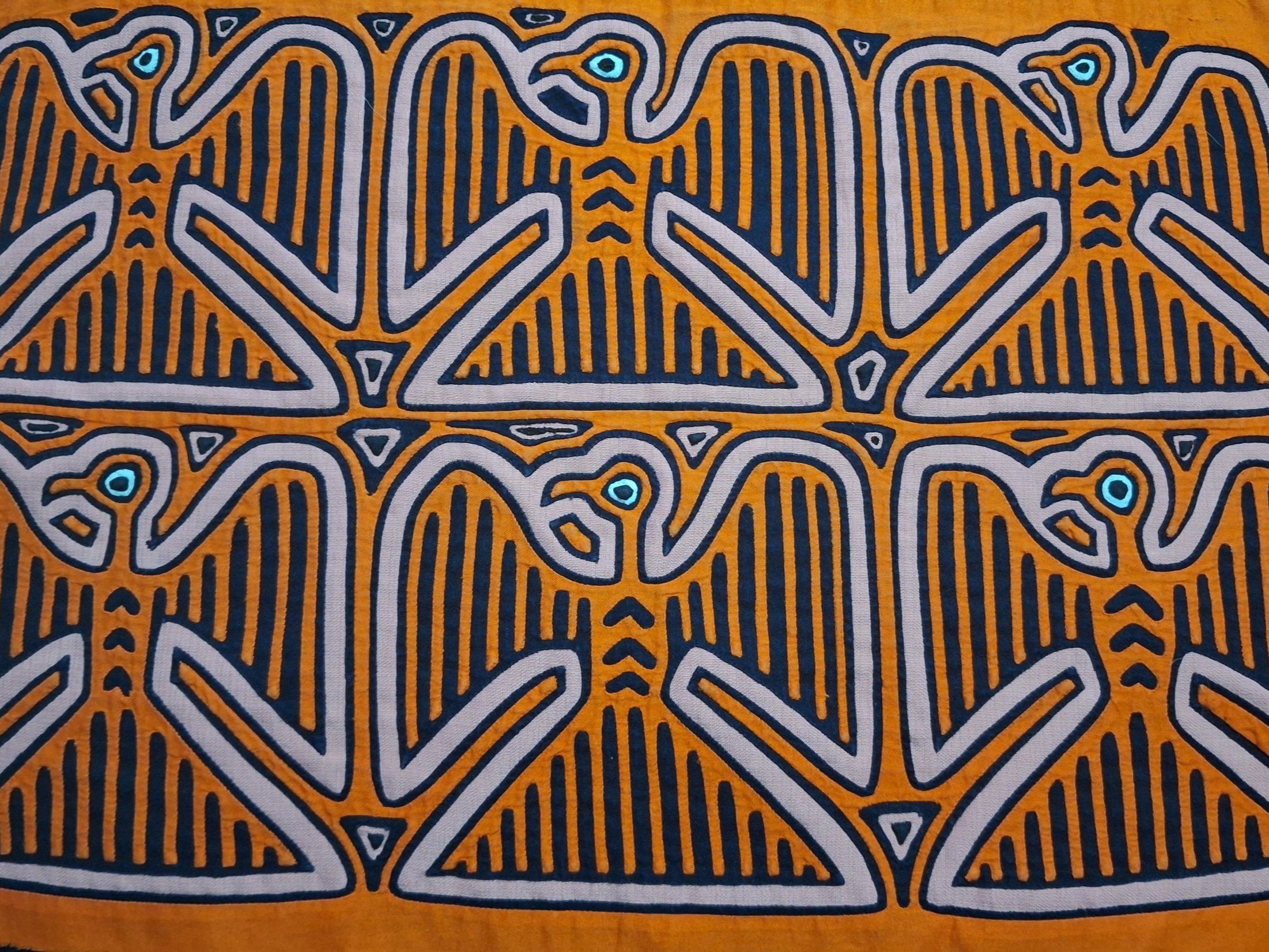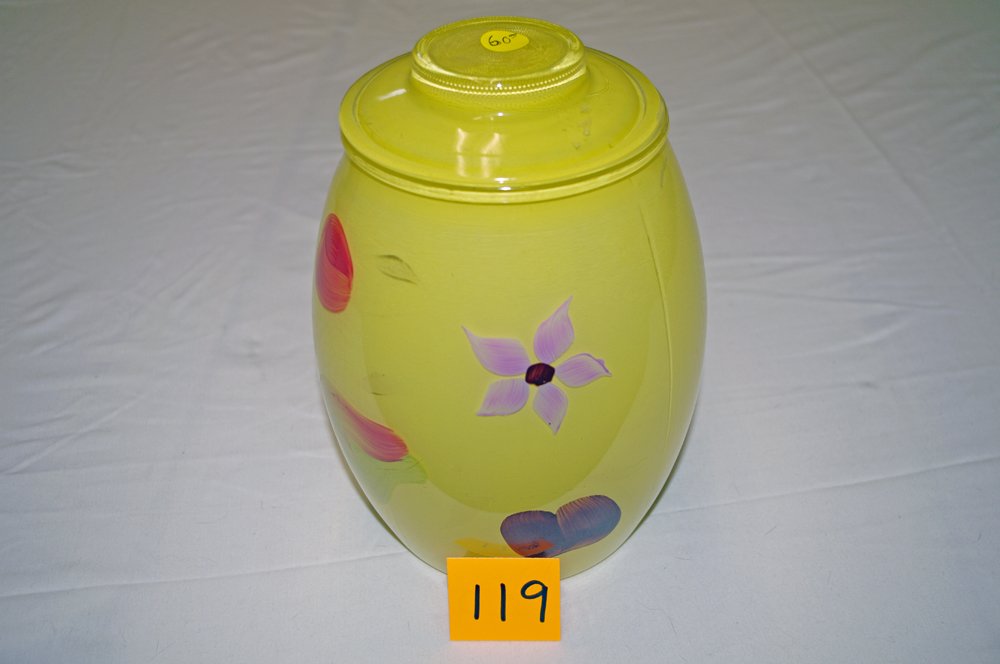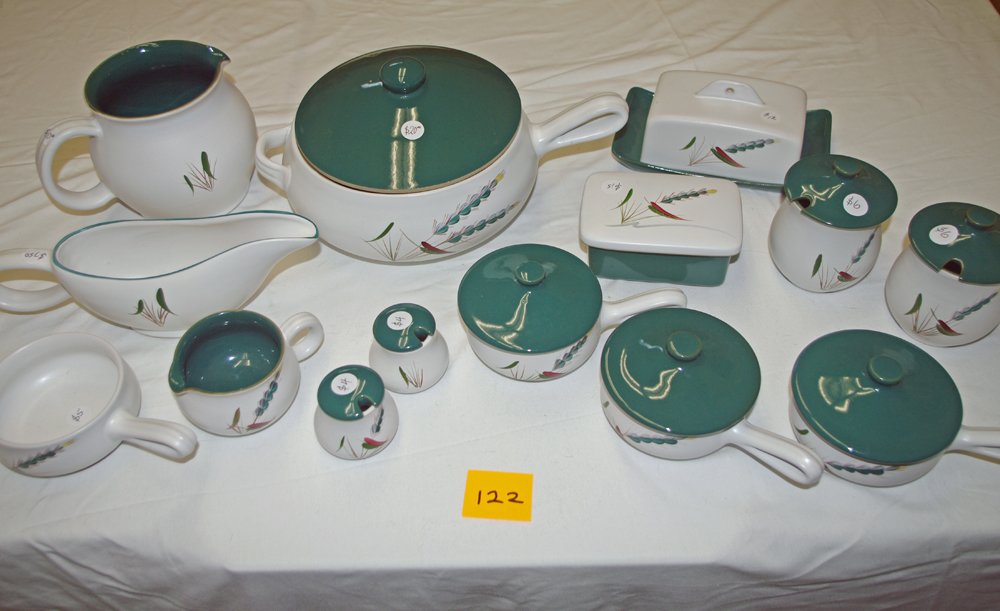Fair Trade
Our Commitment to Intersectional Justice Through Fair Trade
As part of Trinity-Grace United Church's broader commitment to intersectional social justice, our Fair Trade initiative recognizes that economic exploitation cannot be separated from other forms of oppression. Just as our congregation works toward Truth and Reconciliation with Indigenous peoples, affirms LGBTQ2SIA+ dignity, and engages in decolonial biblical interpretation, our approach to fair trade addresses the interconnected nature of injustice.
Fair trade becomes a spiritual practice of solidarity that challenges colonial economic structures while supporting communities building their own pathways to liberation.
Upcoming Events
Fair Trade & Artisan Markets
We create spaces that honor traditional craftsmanship while ensuring artisans receive fair compensation for their work. Our markets celebrate cultural heritage while challenging systems that have historically extracted value from indigenous and marginalized communities without just return.
Supporting Global Producers
1.Palestinian producers
who face unique challenges due to occupation, restrictions on movement, and limited access to international markets

3. Farm-to-plate Marketplace: A community hub partnership that connects our community with local food producers, offering fresh, affordable food at cost with a "no questions asked" $10 subsidy option to ensure accessibility for all community members
2. Kuna (Indigenous communitieis) in Panama whose traditional knowledge and sustainable practices have been undervalued by colonial economic structures
Supporting Local Producers
4. Gracie’s Thrift Store. East Vancouver's hidden gem that contributes to the "circular economy" while supporting affordability and building community with our neighbours. All revenue generated is donated to over 25 local and global charities, raising $27,456 in 2024 alone.
The Intersectional Justice Approach
Drawing from Trinity-Grace United Church's commitment to justice across multiple dimensions, we understand that economic justice requires:
Decolonial Practice: Challenging colonial economic structures that continue to extract wealth from Indigenous and marginalized communities, much like our biblical interpretation work that questions imperial readings of scripture
Affirming Solidarity: Ensuring our economic relationships reflect the same inclusive values we practice in our congregational life, supporting producers regardless of sexual orientation, gender identity, or family structure
Truth and Reconciliation: Acknowledging how global trade systems perpetuate colonial harm while actively supporting Indigenous economic sovereignty
Intersectional Analysis: Recognizing that liberation movements are interconnected—the freedom of Palestinian farmers, Panamanian Indigenous artisans, and local producers are bound together in our shared struggle for justice
Our Impact
Every purchase becomes an expression of our faith commitment to justice. We believe that true fair trade, like our other social justice work, must address root causes of inequality while building beloved community. Through economic relationships grounded in mutuality and respect, we participate in God's vision of a world where all people can flourish.
Together, we're building an economy rooted in the same values that guide our congregational life: radical hospitality, inclusive love, and justice for all creation.


